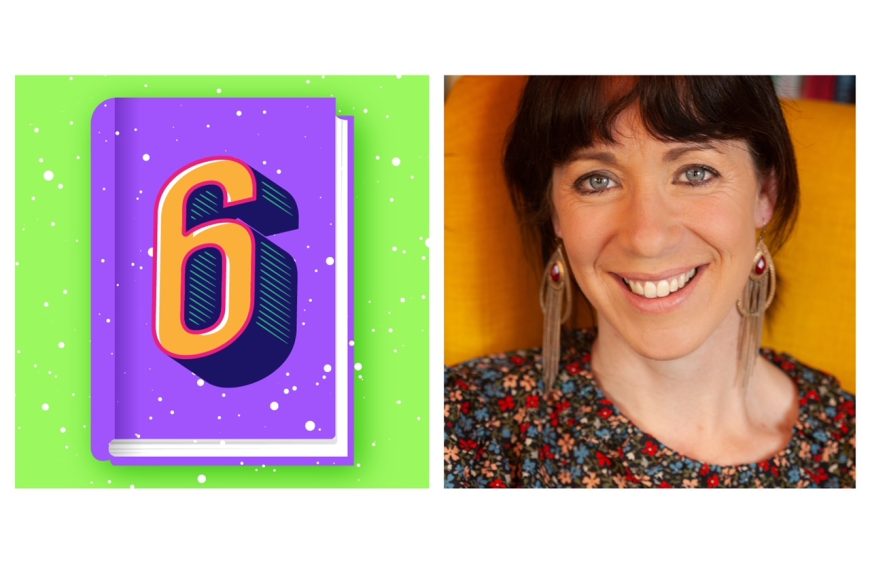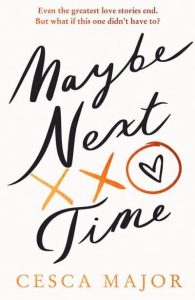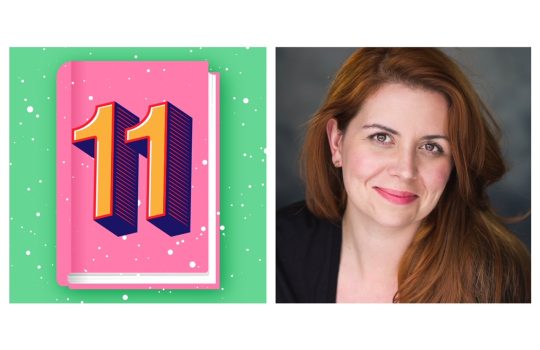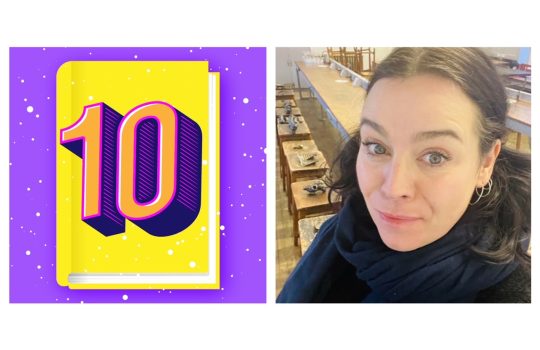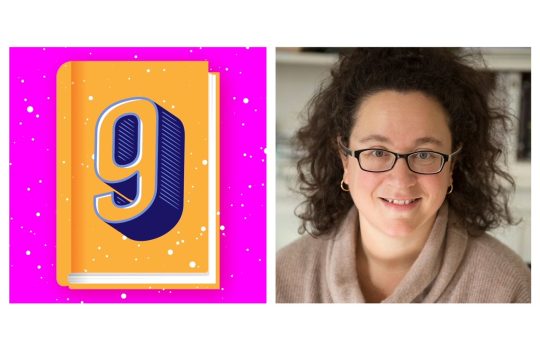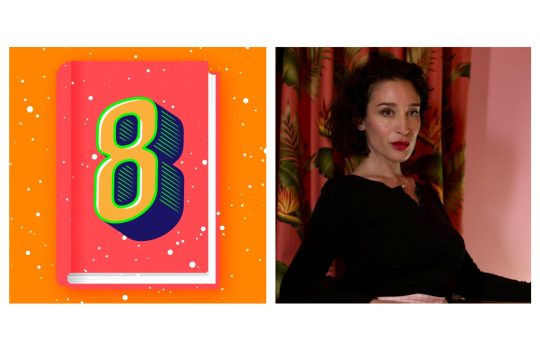It’s day six, we’ve reached the half way point. What have you learnt over the last few days? Has it made you view your current work in progress any differently? Let me know in the comments, or share on social media. And so, let me introduce you to today’s mystery author.

Cesca Major is a novelist and screenwriter. She has written 14 books and has been published in ten different countries, and her new book Maybe Next Time is available to pre-order here. What struck me most when reading through her advice to budding authors is just what a learning process each book is for the writer. Every book teaches us something different about the best way to write. I know that I had an entirely different approach to novel two than I’d had to novel one, and it worked so much better for me. I may change it again, who knows? But that’s the exciting thing about writing, the journey, the adventure. Not just in terms of what you are writing but how. And that’s something Cesca focuses on in her advice today…
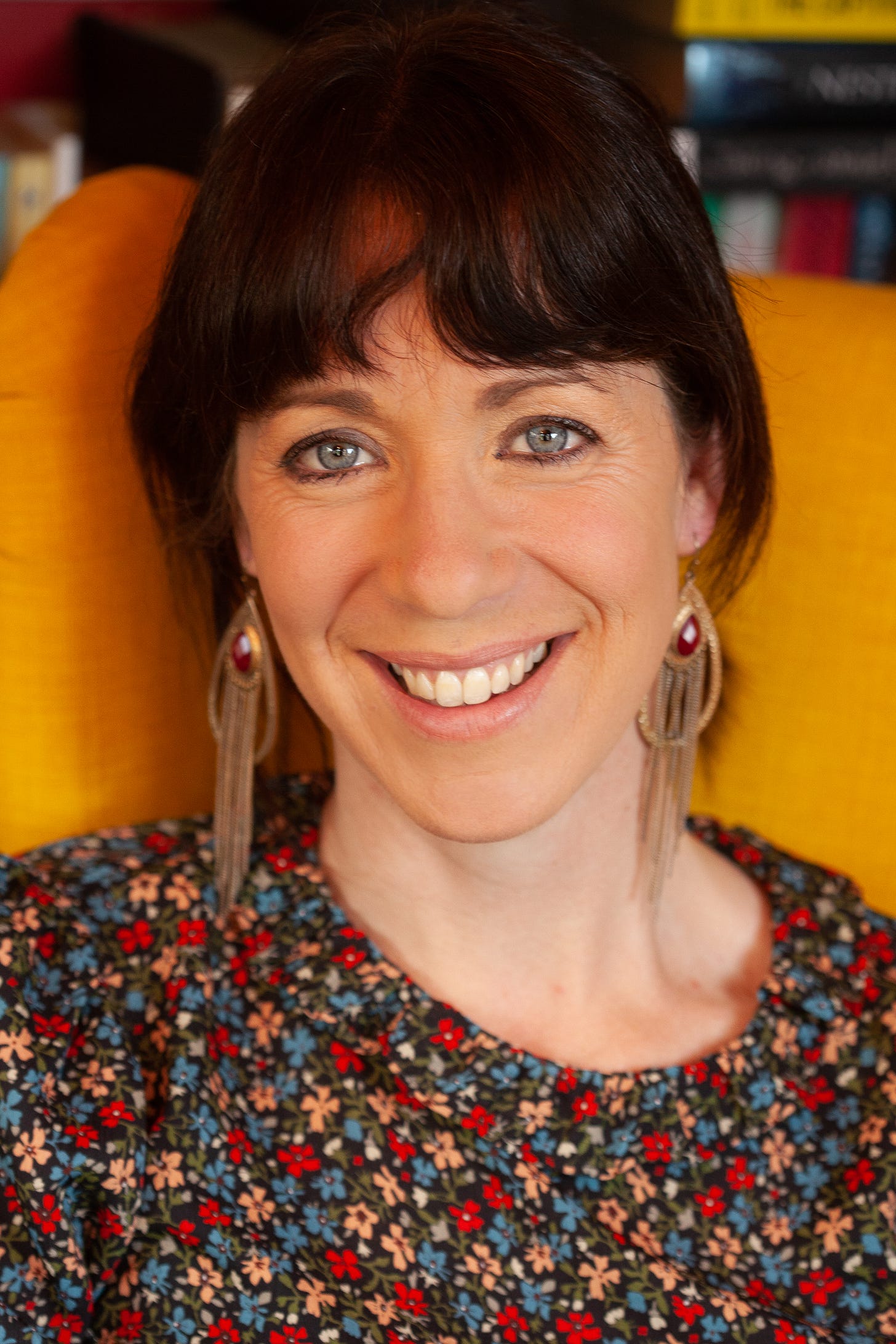
“I’ve written fourteen novels now and I can see there are two changes I have made that make the writing process a little simpler for me. Sadly writing is so subjective that they will not appeal to all but I hope I can encourage somebody!
“The first is research. My first book was set in France during WWII and I could probably have completed a PhD on the topic by the end of the first draft. I spent a large part of every edit scaling back on the ‘facts’. The research was important but I did not need to undertake it all during the first draft to start. If I was rewriting that book now I would probably read a book or two to get into the swing and then fire through a first draft leaving an asterisk in the manuscript to look up things at the end. This would make the process less stop-start and also ensure I am not losing the story and getting too bogged down.
“The second change I have made is keeping a detailed chapter outline and updating it when I make changes to the manuscript. It acts as a blueprint and becomes the most vital document. You can see the shape of your story, keep track of characters, settings, your time line, word count, whatever you like – and if you are a planner you can complete it at the start, or if you like to make it up as you go just run the chapter outline alongside the manuscript. Before I edit I study the outline and edit that first, then turn to the manuscript. It makes things much more manageable and less scary. Good luck!”
• You can find out more about C D Major’s work here

